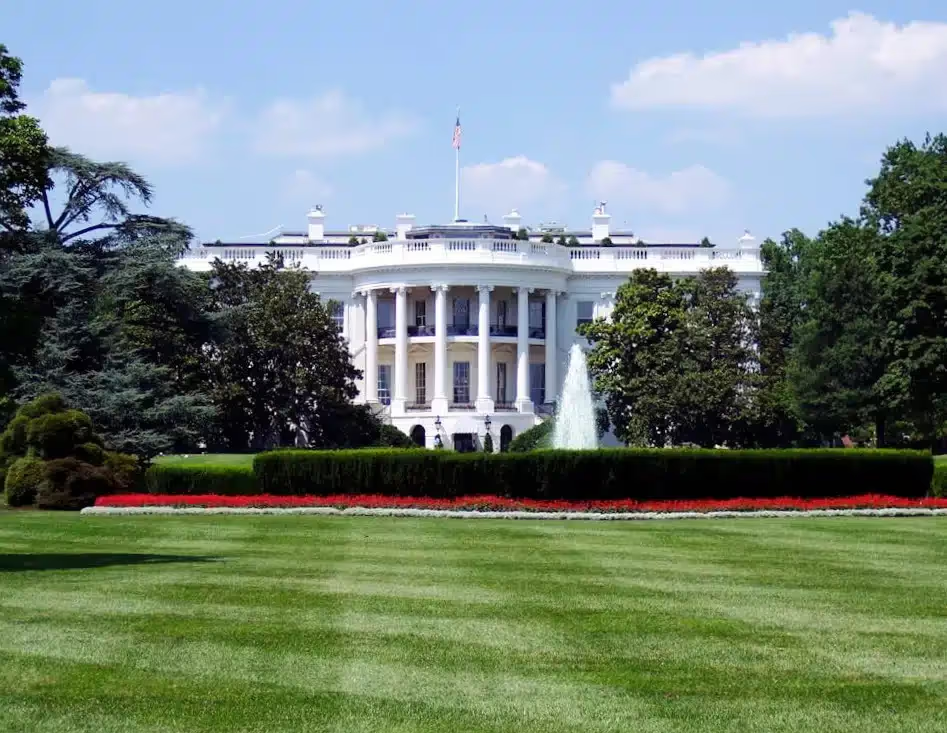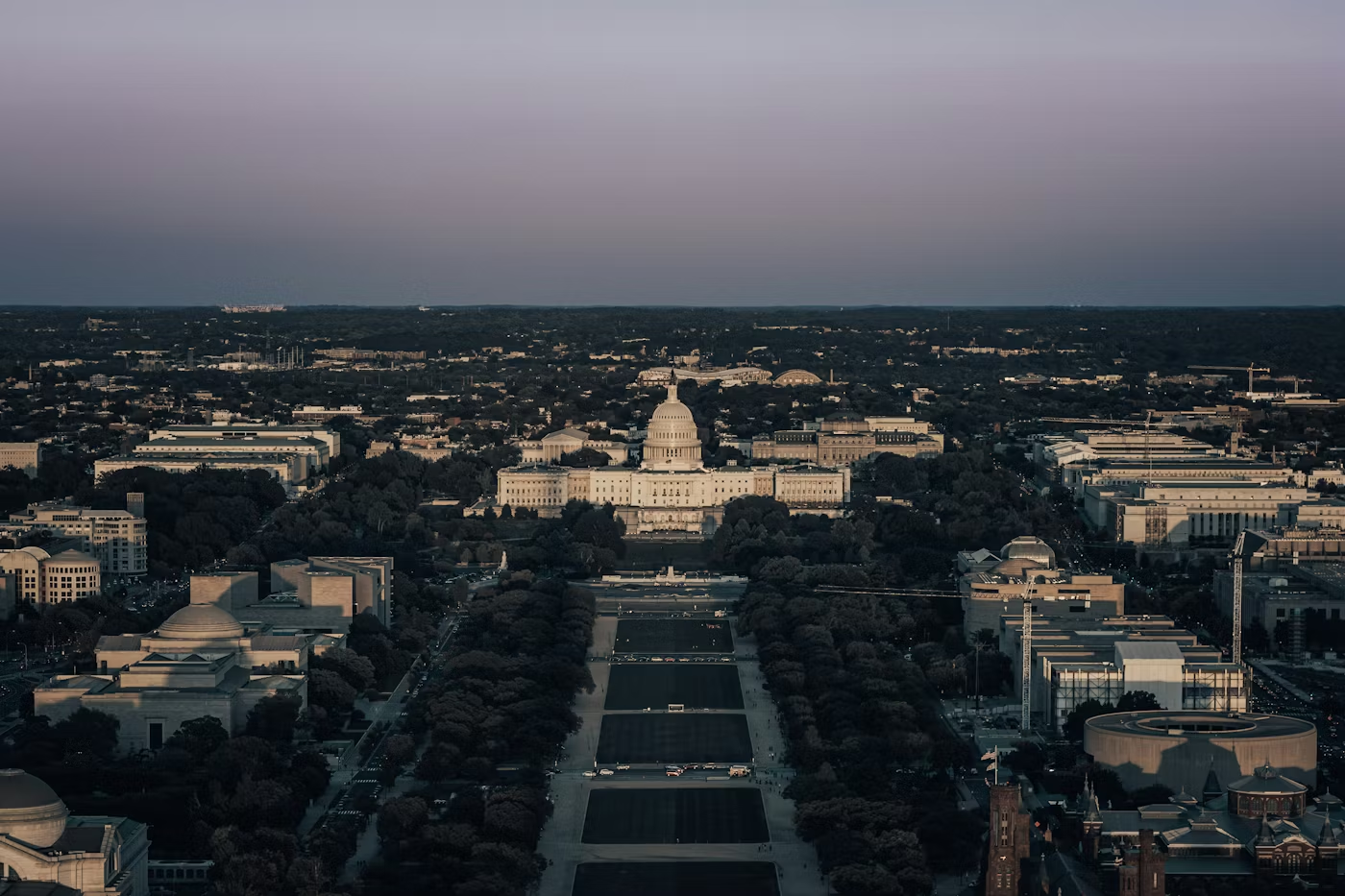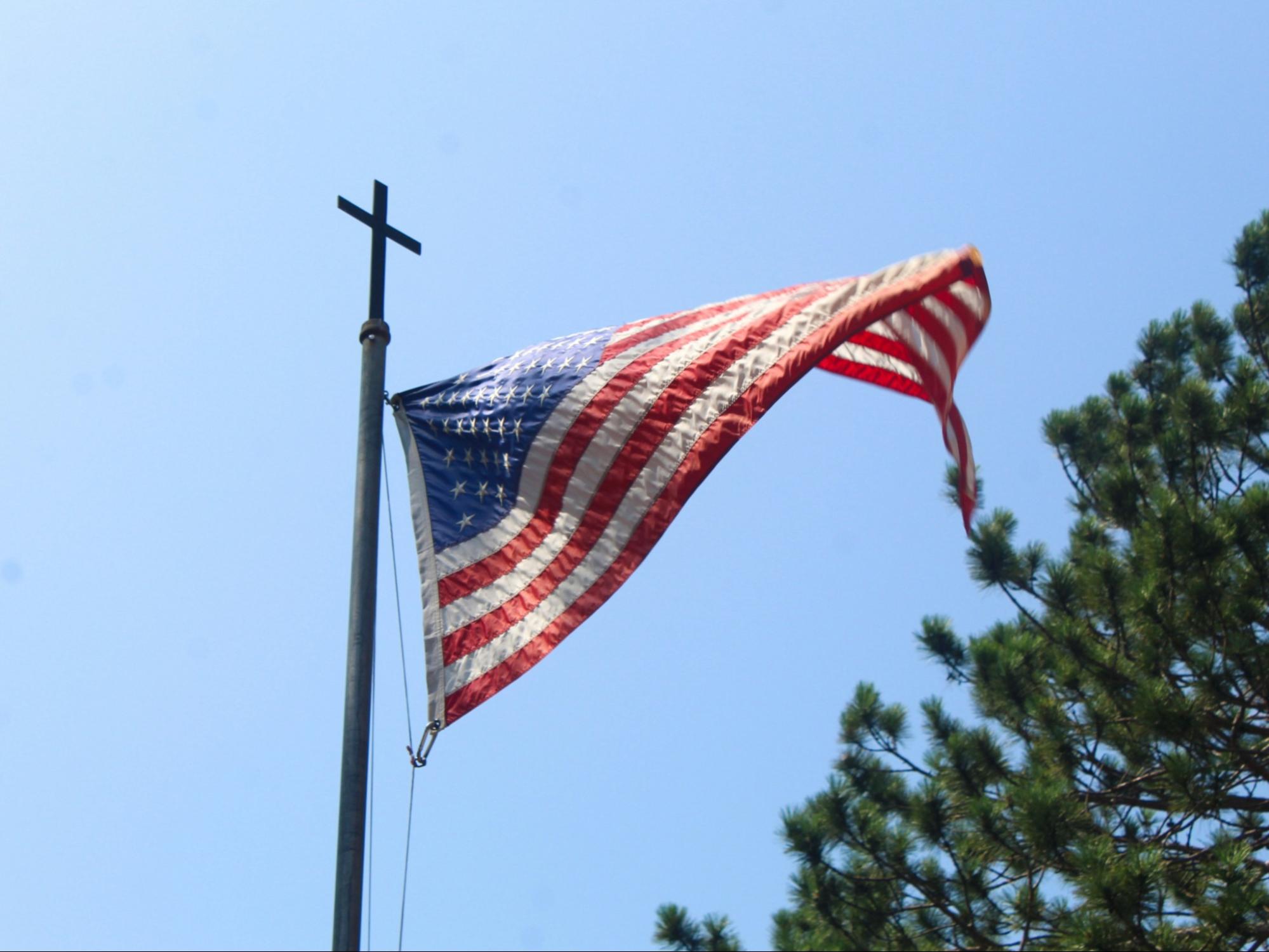
Advocacy
New Interfaith Alliance Memo Details Trump Admin’s Attacks on Faith Communities
Trump announced at the National Prayer Prayer Breakfast an EO on countering ‘anti Christian bias,’ yet Interfaith Alliance is calling out the Trump administration for “incendiary and unprecedented attacks on faith communities”.
In a new briefing memo available here, Rev. Paul Brandeis Raushenbush – president and CEO of Interfaith Alliance and an ordained Baptist minister – points out the numerous ways in which the Trump Administration has openly targeted faith leaders, religious communities and religious freedom.
The memo details numerous attacks to date on faith communities including Lutherans, Catholics, Episcopalians, Jewish Americans and others.
“We are now actually witnessing the federal government marshaling resources to attack individual faith leaders and major religious institutions…These attacks on religious institutions are meant to have a chilling effect on faith leaders’ religious freedom to hold governments accountable.”
Transcript

Interfaith Alliance Calls on DOJ to Prosecute ICE Cruelty
Interfaith Alliance joined over forty civil-rights groups in urging the DOJ’s Civil Rights Division to independently investigate recent federal shootings of civilians by immigration agents, and shortly after DOJ announced a civil-rights probe into the Minneapolis killing of Alex Pretti by federal officers

The Trump Administration’s Latest Attacks on Immigrants Threaten Religious Freedom
A Texas Episcopal priest’s detention by ICE is a concerning development in the midst of the Trump administration's attack on religious freedom. It shows how unchecked enforcement threatens our faith communities and furthers an already eroding public trust.

